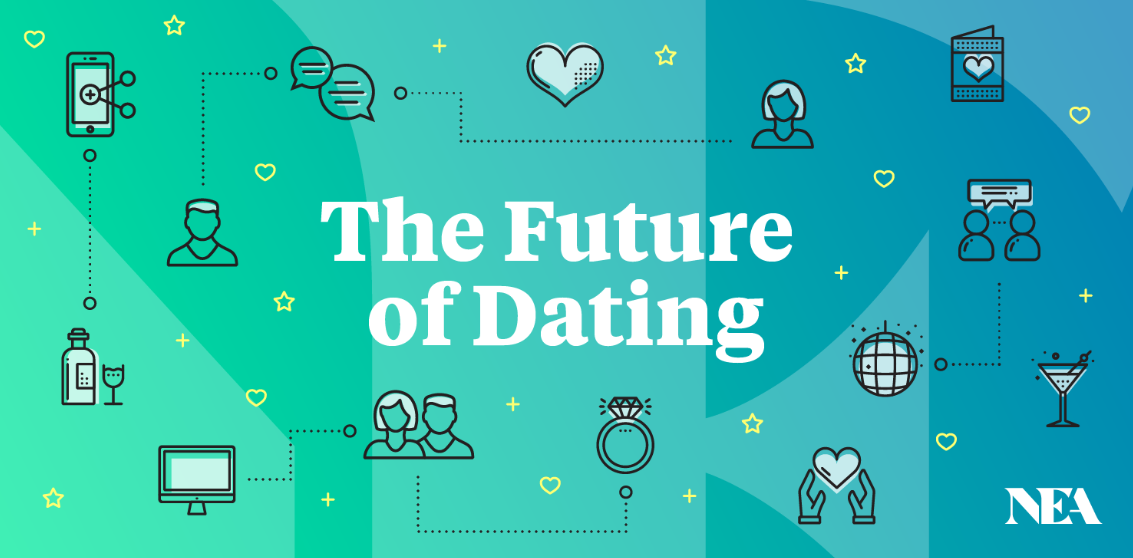Future of Online Dating – Several new technologies are being investigated in the hopes of improving the online dating process. These include Blockchain, AI, and video integration within online dating apps. Video chats are becoming more popular with Gen Z, who use them as a prelude to a real-life date. Artificial intelligence (AI) could also play an important role, and Blockchain could help analyze how much time you spend on the app.
Video integration within online dating apps
Video integration within online dating apps can provide a more personalized experience to users. Many people like to get to know their potential matches before meeting in person, and a video chat feature can help them get a feel for each other. It also can help them analyze the connection and decide if they want to meet.
In addition to voice and video chat, dating apps can integrate other features, such as in-app games and voice notes. These can drive engagement and keep users interested in the app. A good video chat feature can provide tips on how to ask someone out for a first date. Many dating apps also integrate videos from popular apps such as TikTok.
Recent shifts in social media have brought video conferencing into the mainstream, and online dating apps are no exception. The advent of smartphones has further broadened the user demographic. Increasingly, customers expect more meaningful interactions and more interesting matches. As a result, technology companies are developing deeper video integration into their platforms. Online dating apps that embrace video chatting can position themselves for best-in-class leadership in the industry.

Online dating apps are supposed to facilitate one-on-one communication and are intended to help people find their perfect match. In this regard, users expect a solution that helps them make the best decisions and spend quality time with their matches. Online dating apps have come a long way since the days of personal ads in newspapers. Today, many couples use online platforms as their primary communication medium.
AI could analyze how much time you spend in the app
If AI could analyze how much time you spend in dating apps, it would allow dating apps to avoid scams, and increase user safety. Fraud is a major issue on the Internet, and online dating apps are no exception. Many fake profiles will entice you to pay them money for “love.” This kind of behavior is not acceptable, so dating apps need to implement ways to prevent fraud. Artificial intelligence can detect and prevent these fraudulent activities.
Dating apps could use AI to analyze your chat logs to recommend dates based on compatibility. One example of an AI-enabled dating app is eHarmony. Its AI-powered feature nudges users to schedule an in-person meeting when they are interested in the other person. It could also help dating apps reduce unwanted content, which can be annoying.
AI could also be used to analyze your online dating habits and preferences. For example, it could analyze how many times you view profiles, what you chat about, and how often you swipe. Smarter AI would also be able to analyze what you are reading or binge-watching, as well as your camera roll. It could be used to make advertisements for dating apps that are tailored to your preferences.
Another example of an AI-based dating app is Hornet, which has over 30 million users. Hornet’s AI technology is meant to help curb the threat of catfishing, as well as improve user safety. It can also identify fake profiles by analyzing user-activity. The algorithm will then determine whether or not a person is authentic or trustworthy.

Blockchain could play an important role
Blockchain can play an important role in online dating. While it has been getting a lot of buzz for its large-scale applications, such as in the IoT and logistics industries, some dating platforms and apps still face major problems. However, blockchain startups have found ways to address these issues by localizing its technology.
With the rise of cyber attacks, privacy has become a huge concern. Having no third party or middleman means that you can trust others with your personal information. Furthermore, the security of blockchain can protect your data from cyberattacks. Hackers are increasingly targeting government databases, exposing personal information. To combat this problem, blockchain could help increase the security of government databases. For example, the Department of Homeland Security is already exploring the benefits of using blockchain to improve data security.
Blockchain is an open, distributed database that allows multiple participants to view a digital ledger. It provides an audit trail of all transactions and creates a “golden source of truth” for network participants. It also allows for shared infrastructure between parties, which can save both time and money. It also enables the use of smart contracts to synchronize transaction execution across multiple participants. As a result, it can free up resources for other opportunities.
Gen Z turned to video chats as a prelude to a real-life date
The COVID pandemic prompted a shift in how Gen Z approaches dating. The younger generations, who are increasingly turning to online dating apps for companionship, began video chatting with potential matches. By the end of the pandemic, nearly half of Future of Online Dating Tinder users had video chatted with their matches. Another third said they were planning to continue video chatting with their matches. Video chats satisfied Gen Z’s need for real social interaction. In fact, 40% of users under the age of 30 said that the experience made them feel less lonely than they were before the pandemic.
The trend was more widespread among Gen Z than among Millennials and Baby Boomers, with more than a third of Gen Z sending messages per day during the pandemic. The number of messages sent by Gen Z during the pandemic was 19% higher than in February 2020. In addition, conversations were 32% longer. Tinder users also updated their bios more often to spark conversations. On average, Gen Z members updated their bios more than Millennials or pre-pandemic.
Dating is a highly individual activity, and Gen-Z individuals will have different preferences and behaviors than their Boomer and Gen-X counterparts. As a result, it is vital to understand the varied nature of Gen-Z before creating a marketing strategy.



